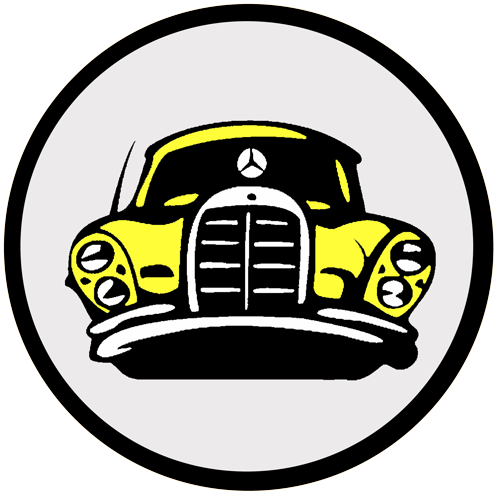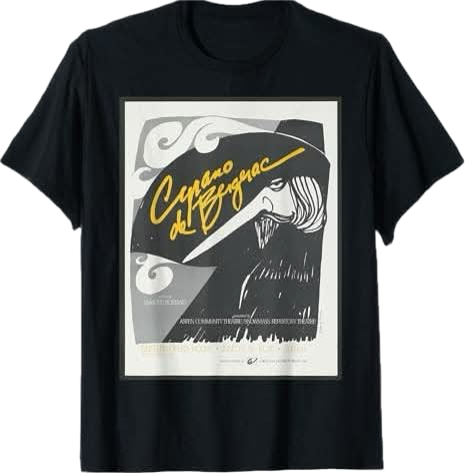Paracelsus
Toxicology - History
Wiki reads:
Dioscorides, a Greek physician in the court of the Roman emperor Nero, made the first attempt to classify plants according to their toxic and therapeutic effect.[2] Ibn Wahshiyya wrote the Book on Poisons in the 9th or 10th century.[3] This was followed up in 1360 by Khagendra Mani Darpana.[4]
Mathieu Orfila is considered the modern father of toxicology, having given the subject its first formal treatment in 1813 in his Traité des poisons, also called Toxicologie générale.[5]
In 1850, Jean Stas became the first person to successfully isolate plant poisons from human tissue. This allowed him to identify the use of nicotine as a poison in the famous Bocarmé murder case, providing the evidence needed to convict the Belgian Count Hippolyte Visart de Bocarmé of killing his brother-in-law.[6]
Theophrastus Phillipus Auroleus Bombastus von Hohenheim (1493–1541) (also referred to as Paracelsus, from his belief that his studies were above or beyond the work of Celsus – a Roman physician from the first century) is also considered "the father" of toxicology.[7] He is credited with the classic toxicology maxim, "Alle Dinge sind Gift und nichts ist ohne Gift; allein die Dosis macht, dass ein Ding kein Gift ist." which translates as, "All things are poisonous and nothing is without poison; only the dose makes a thing not poisonous." This is often condensed to: "The dose makes the poison" or in Latin "Sola dosis facit venenum".[8]:30
Compare this info to Oliver Lucanus documentation on Immunotherapy ~20 years of the Nero era, 97 A.D.
 MBZ
MBZ
